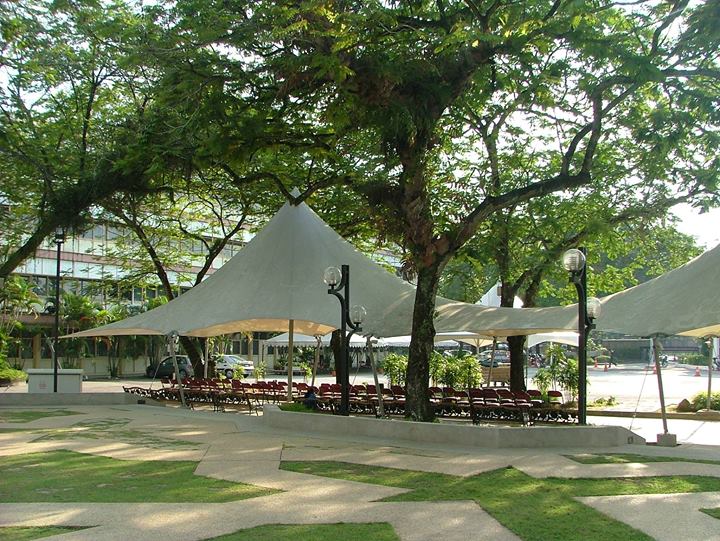
“Whomsoever Allah intends to do good, He gives right understanding of religion; and knowledge is maintained only through teaching.”
– Hadith of the Holy Prophet
The nature of contemporary challenges borne out of secularization as a philosophical program is such that it actively peddles ideas and concepts that have been restricted in their meanings disguised under the slogan of change, progress and development.
An unthinking dissemination and adoption of these ideas by the Muslim community – eagerly encouraged by those entrusted with positions of leadership, whether in the educational, cultural, economic, social or political domain – can potentially have a disabling effect upon the correct understanding amongst Muslims concerning their own identity, their history, their values and virtues, leading to the debilitating loss of intellectual confidence, the dissipation of spiritual subtlety and the weakening of moral character.
Secularization as a philosophical program historicizes the foundations of true religion by reducing the authentic understanding of Islam – the strength of which lies in its universal and timeless quality – into a mixture of half-remembered truths and superficial platitudes, whilst at the same time it glorifies the scientific conception of man and the world as the ultimate arbiter of truth and reality, thus reformulating and surreptitiously re-formulates and re-aligns the measure of civilization, its prosperity and its advancement, along secular lines in which true religion is conceived as an obstacle to meaningful freedom and permanent happiness.
The educational experience offered at the Center for Advanced Studies on Islam, Science and Civilization (CASIS) aims to inculcate and develop the necessary intellectual acumen and profundity of thought required so that the emergent Muslim scholars will be able to mount positive resistance to the challenges confronting the Muslim community, to propose bold and practical solutions that are authentically rooted in the intellectual and spiritual traditions of Islam, and to implement such changes as deemed proper to the urgent and valid needs of the Muslim community and in due recognition of the spirit of the time.
By affirming the centrality of Islam as a religion and a civilization – understood in the widest sense of meaning to encompass the philosophical, scientific, historical, cultural, social and spiritual aspects of Islam – the students at the Center for Advanced Study on Islam, Science and Civilization (CASIS) are trained to become noteworthy participants in the ongoing civilizational dialogue and contestation over true and correct definitions that unfolds behind the din and spectacle of contemporary life; whose ideas will have the potential of making a positive impact upon the community – whether at the local or global levels – that will prepare the foundation for the future reawakening of the Muslim Ummah based upon true knowledge and courage, tempered with justice and moderation.
The philosophical outlook at the Center for Advanced Studies on Islam, Science and Civilization (CASIS) thrives on a healthy respect for meaningful diversity underpinned by a firm and clear conviction upon the unity articulated within Worldview of Islam. It provides a liberal yet disciplined atmosphere which continually aspires to transcend narrow specialization and paralyzing compartmentalization that permits the examination of local issues and problems affecting particular Muslim communities from a global and timeless perspective afforded by an intelligent and just application of tradition in current contexts.
This dynamic stabilism demands the restatement of universal and timeless principles of Islam grounded in the recovery of its intellectual and spiritual traditions guided by teachers who in themselves are learned scholars gifted with profound knowledge and penetrating insight into the nature of contemporary problems engulfing the Muslim Ummah, and whose character and conduct are living testaments to the noble educational mission of the Holy Prophet (upon whom be peace!).
